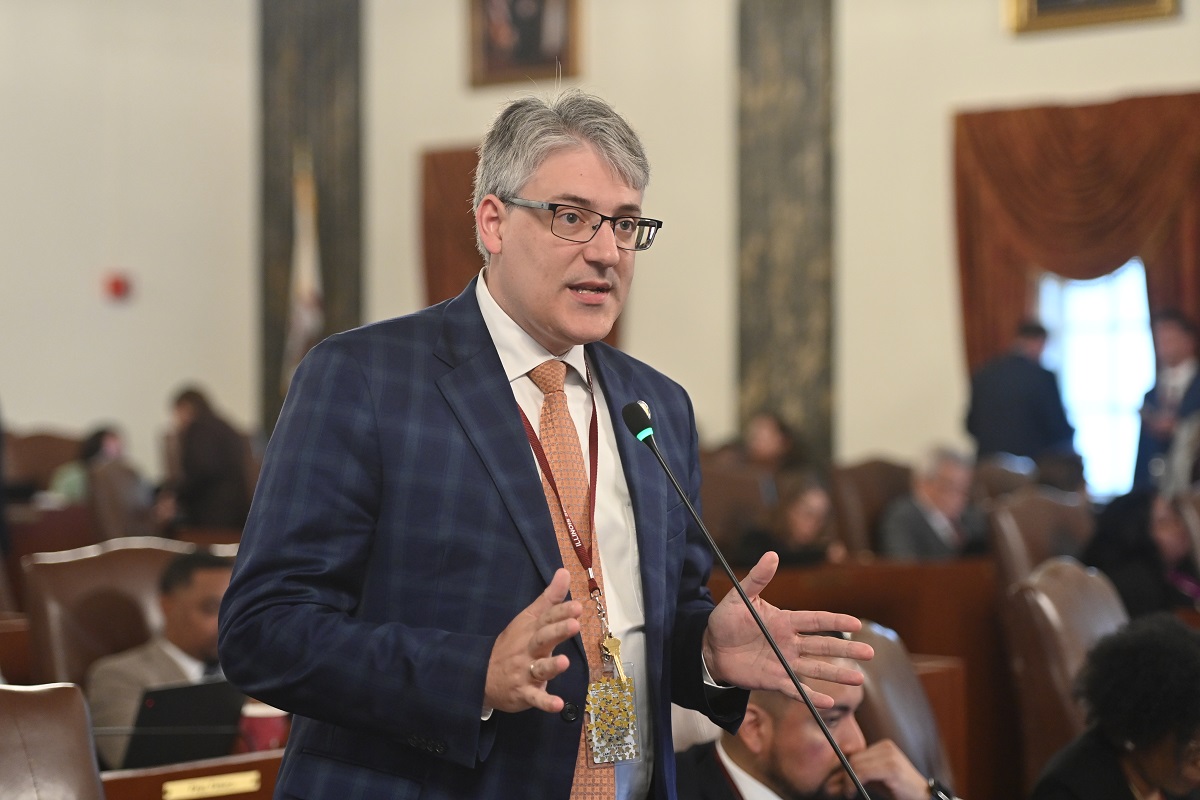 SPRINGFIELD – State Senator Mike Halpin’s measure to create a Community-Based Corrections Task Force to research the benefits of specialty courts and community-based correctional centers was signed into law on Friday.
SPRINGFIELD – State Senator Mike Halpin’s measure to create a Community-Based Corrections Task Force to research the benefits of specialty courts and community-based correctional centers was signed into law on Friday.
“Listening to the experts and community residents is how we create common-sense laws that are fair to everyone,” said Halpin (D-Rock Island). “This task force will show us how folks struggling with mental illness or addiction interact with our criminal justice system so we can achieve better outcomes for these individuals while keeping our communities safe.”
Halpin’s law creates a task force to discuss benefits of community-based correctional facilities and specialty courts in Illinois. Community-based correctional centers are alternatives to prison that provide a different way for individuals who are convicted of crimes to be rehabilitated back into society without having to be incarcerated. One alternative to traditional corrections is the use of specialty courts, also known as problem-solving courts. These courts are designed to lead people out of a cycle with the justice system and into treatment programs.
“This legislation establishes a Community-Based Corrections Task Force to study the impact and efficacy of our criminal justice system in Illinois, with a focus on reducing recidivism and helping rehabilitated individuals successfully re-enter society,” said State Representative Gregg Johnson (D- East Moline). “In my three-plus decades working in the Illinois Department of Corrections, I saw first-hand what works - and what doesn’t. This Task Force will give incredibly valuable insight that will help make our neighborhoods safer and our system more just.”
The idea for the new law was brought to Halpin by a Rock Island probation officer. Great ideas for legislation often come from community members because they have a unique understanding of a specific issue through lived experiences.
“The mental health and substance abuse crisis is at an all-time high with around 80% of our current criminal offenders dealing with untreated substance abuse and mental health problems,” said Andy Boswell, a probation officer who works in Rock Island. “The initiative seeks to greatly expand treatment based solutions and divert individuals from incarceration. We need to salvage lost potential, save taxpayer money and pave a way for justice-involved individuals to recover so we can succeed in making our communities a better place for all our citizens. We can achieve this through the courts establishing stronger connections with our community partners in mental health, substance treatment, housing and employment. The blueprint is there for success, we just need to put everything into place.”
Senate Bill 3353 takes effect immediately.













 © 2026 Illinois Senate Democratic Caucus
© 2026 Illinois Senate Democratic Caucus